Resources
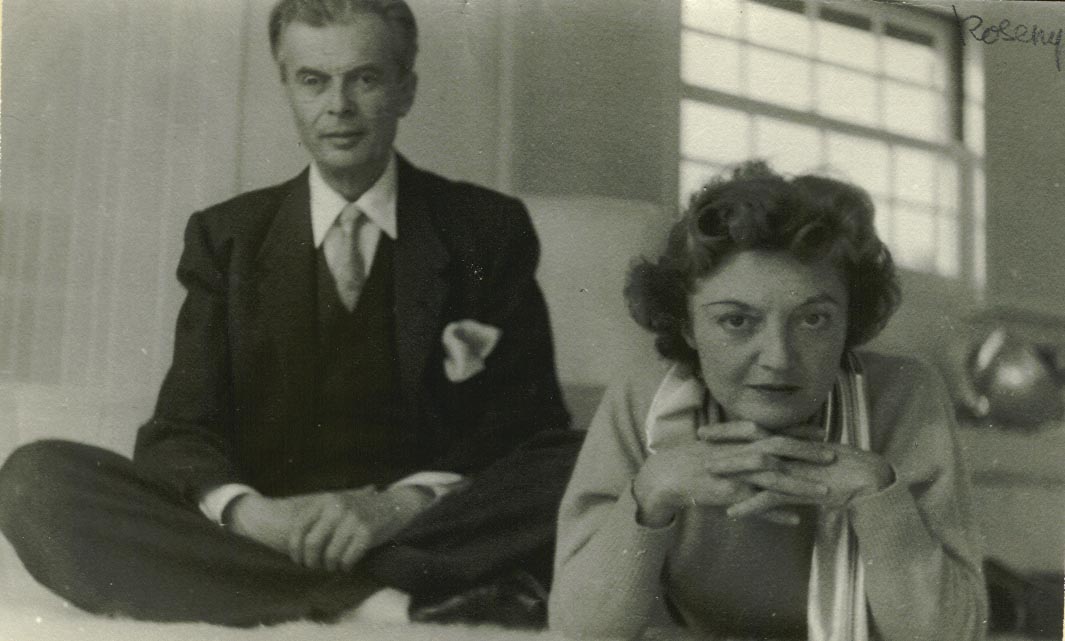
Aldous and Laura Huxley
“The Alexander Technique is not a method of accumulating information nor the art of learning something new. It is, instead, the art of unlearning, which is much more subtle and, sometimes, a more difficult endeavor – unlearning that which is habitual, instead of natural; letting go of old patterns and of those repetitious opinions arrived at in times and circumstances totally different from those of the present.”
Laura Huxley
Musician, Author, Educator, Psychological Counselor, Humanitarian
“The Alexander Technique gives us all things we have been looking for in a system of physical education: relief from strain due to maladjustment, and constant improvement in physical and mental health. We cannot ask for more from any system; nor, if we seriously desire to alter human beings in a desirable direction, can we ask any less.”
Aldous Huxley
Author, Philosopher
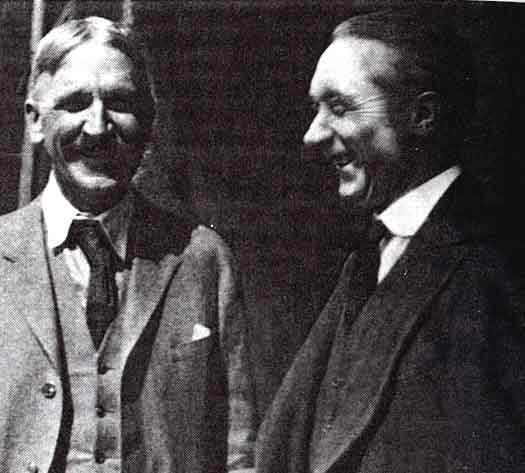
John Dewey
Dewey was an American philosopher, psychologist, and educational reformer whose ideas have been very influential to education and social reform. Dewey, along with Charles Sanders Peirce and William James, is recognized as one of the founders of the philosophy of pragmatism and of functional psychology. He was a philosopher of education and one of the founders of The New School. He worked with personally with F.M. Alexander and arranged for studies and research into Alexander’s work.
“It is one thing to teach the need of a return to the individual man as the ultimate agency in whatever mankind and society collectively can accomplish. It is another thing to discover the concrete procedure by which this greatest of all tasks can be executed. And this indispensable thing is exactly what Mr. Alexander has accomplished.”
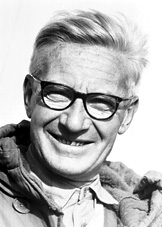
Nikolaas “Niko” Tinbergen
A Dutch ethologist and ornithologist who shared the 1973 Nobel Prize in Physiology or Medicine with Karl von Frisch and Konrad Lorenz. Ethology is a combination of laboratory and field science, with a strong relation to certain other disciplines — e.g., neuroanatomy, ecology, evolution. Ethologists are typically interested in a behavioral process rather than in a particular animal group and often study one type of behavior (e.g. aggression) in a number of unrelated animals. The modern discipline of ethology is generally considered to have begun during the 1930s with the work of Tinbergen, Lorenz and von Frisch. In Tinbergen’s Nobel Prize acceptance speech, he spoke at length about the Alexander Technique and his work with F.M.
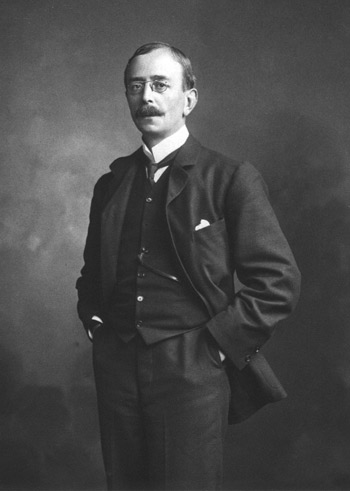
Charles Sherrington
An English neurophysiologist, histologist, bacteriologist, and a pathologist, Nobel laureate and president of the Royal Society in the early 1920s. He received the Nobel Prize in Physiology or Medicine with Edgar Adrian, 1st Baron Adrian in 1932.
“Mr. Alexander has done a service to the subject by insistently treating each act as involving the whole integrated individual, the whole psycho-physical man. To take a step is an affair not of this or that limb solely, but of the total neuromuscular activity of the moment – not the least of the head and neck.”
Sherrington’s study of reflex action made clear that reflexes did not involve merely a few muscles, but that the brain integrated reactions to stimuli. For example, a dog’s reaction to an itch involves 36 muscles performing two functions – scratching and maintaining balance.
Sherrington also made an important distinction among exteroceptive sensory nerves that detect stimuli from outside the body (such as smells, sounds, and light), interoceptive nerves that detect stimuli taken in to the body (foods), and proprioceptive nerves that detect states within the body such as the position of a muscle. The proprioceptive neurons carry out important functions such as maintaining balance and performing coordinated actions such as running. Sherrington was also the first to use the term neuron for the nerve cell and synapse for the junction between nerve cells.
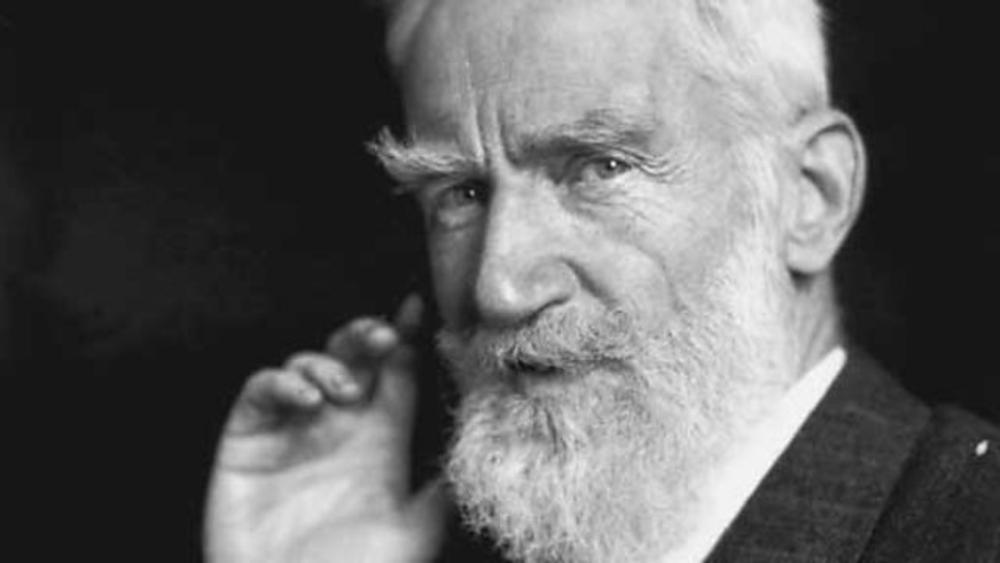
George Bernard Shaw
“Alexander established not only the beginnings of a far reaching science of the apparently involuntary movements we call reflexes, but a technique of correction and self-control which forms a substantial addition to our very slender resources in personal education.”
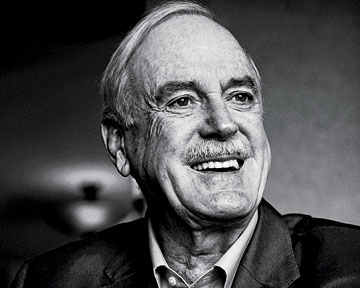
John Cleese
“I find the Alexander Technique very helpful in my work. Things happen without you trying. They get to be light and relaxed. You must get an Alexander teacher to show it to you.”
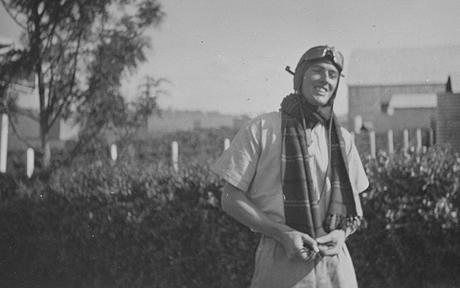
Roald Dahl
“The Alexander Technique really works.”
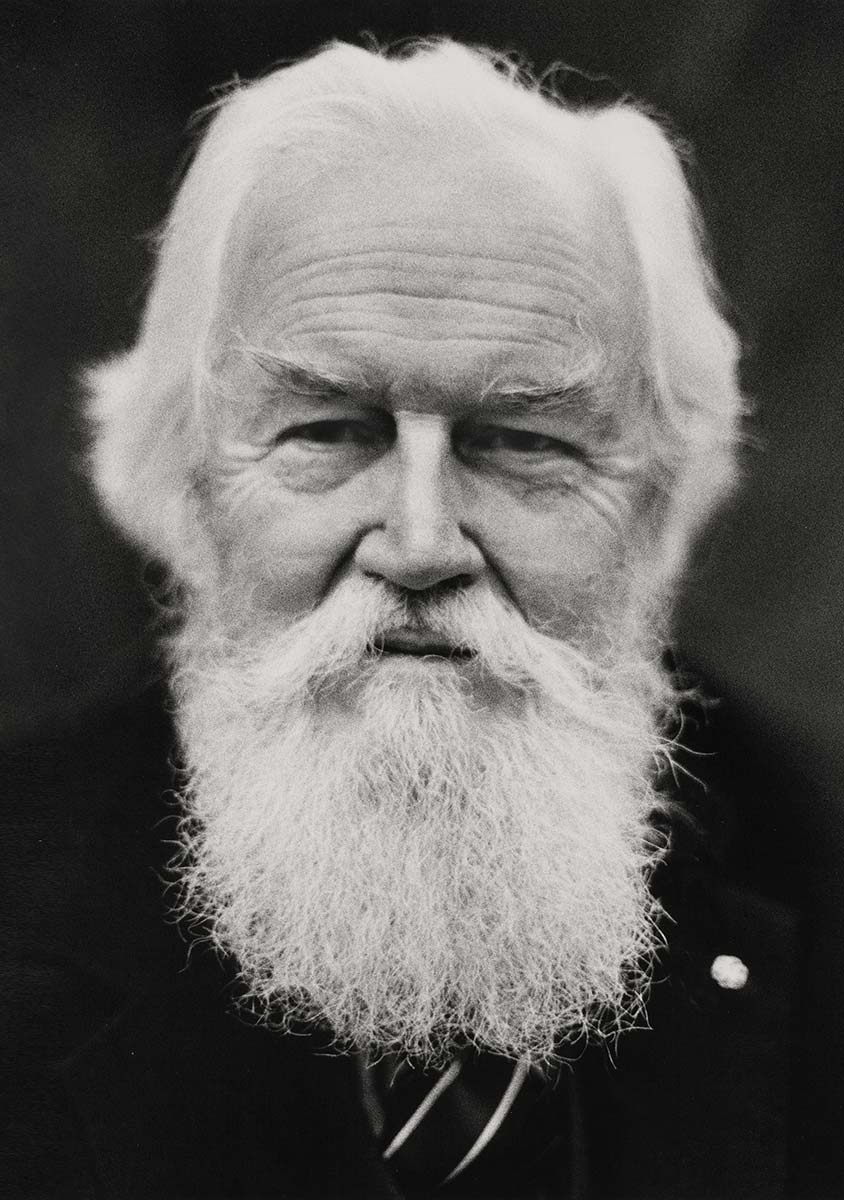
Robertson Davies
“With all its demands, the Alexander Technique is worth every moment it asks for, and those once committed to it may well find that they cannot do without it. It is an enlargement of whatever life may be yours.”
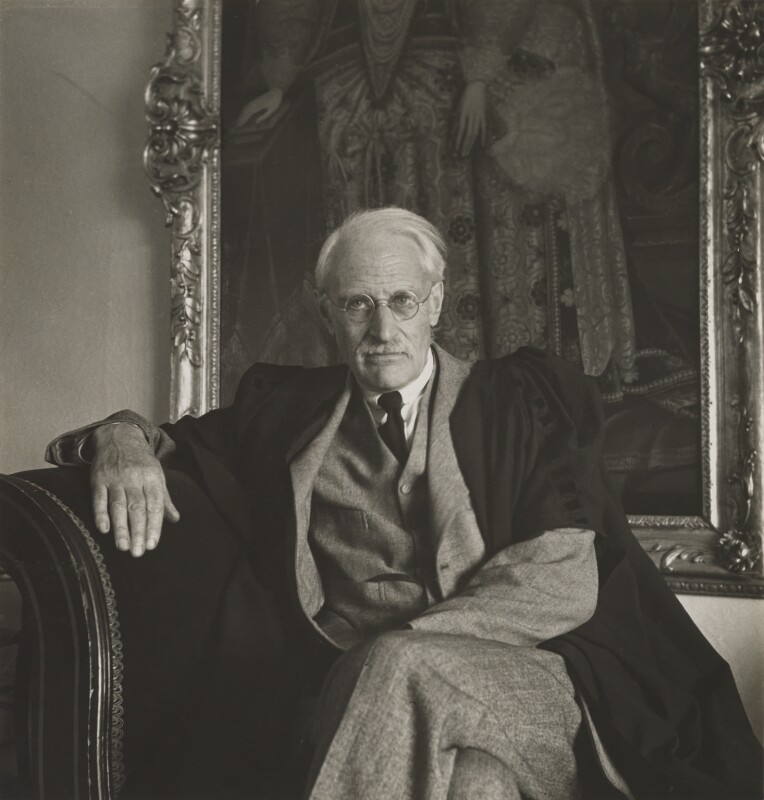
Sir George Trevelyan
I submit that Alexander demonstrated a principle of supreme importance for a holistic world-view. He made a breakthrough which is nothing less than an evolutionary step forward, when a single human being learned to take constructive, conscious control of the direction of his own use of himself… He overcame the reliance on faulty sensory register and taught himself a central general habit of use of his entire body working as an indivisible psycho-physical unity.
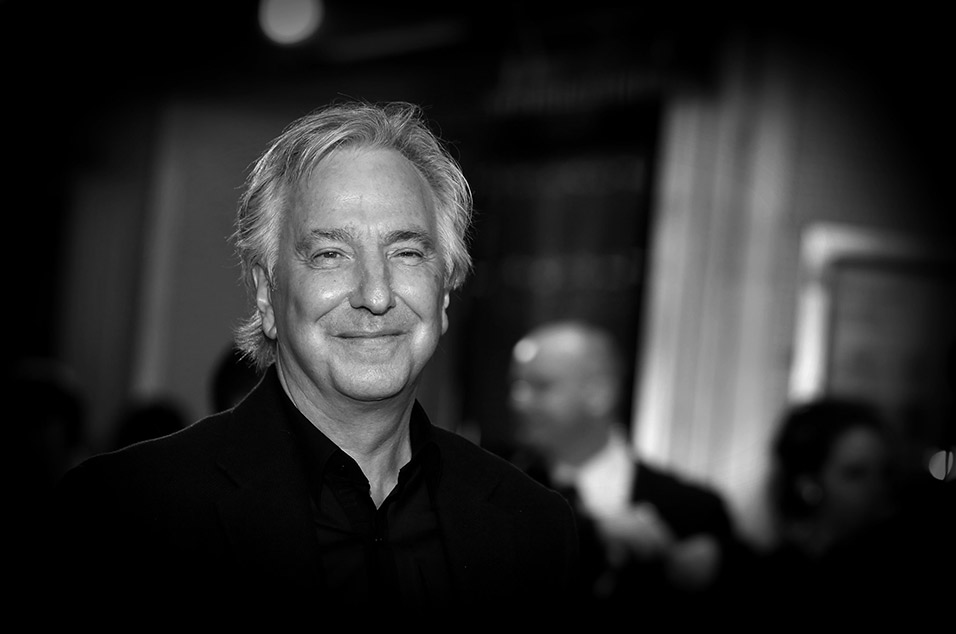
Alan Rickman
“With the best of intentions, the job of acting can become a display of accumulated bad habits, trapped instincts and blocked energies. Working with the Alexander Technique to untangle the wires has given me sightings of another way; mind and body, work and life together. Real imaginative freedom.